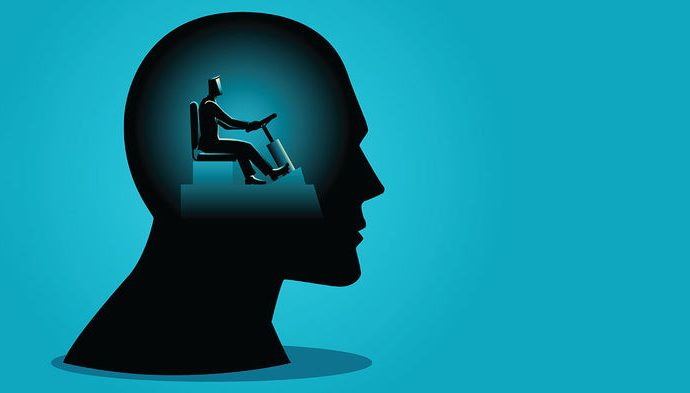A new research program on free will teams up neuroscientists and philosophers
Source: Science Magazine
Philosophers have spent millennia debating whether we have free will, without reaching a conclusive answer. Neuroscientists optimistically entered the field in the 1980s, armed with tools they were confident could reveal the origin of actions in the brain. Three decades later, they have reached the same conclusion as the philosophers: Free will is complicated.
Now, a new research program spanning 17 universities and backed by more than $7 million from two private foundations hopes to break out the impasse by bringing neuroscientists and philosophers together. The collaboration, the researchers say, can help them tackle two important questions: What does it take to have free will? And whatever that is, do we have it?
Neuroscience’s first and most famous encounter with free will occurred in 1983, when physiologist Benjamin Libet made a peculiar discovery. A brain signal called the readiness potential was known to precede self-initiated actions, such as raising a hand or spontaneously tapping a finger. Libet found the readiness potential starts to rise before people report they are aware of their decision to move. Many took that as a challenge to the existence of free will. But subsequent studies argued that was a flawed interpretation, and that the results said little about free will.
The eight neuroscientists and nine philosophers involved in the new program pledge to do better this time around by asking more precise questions and designing philosophically informed experiments. With the 4-year grant from the John Templeton Foundation in West Conshohocken, Pennsylvania, and the Fetzer Institute in Kalamazoo, Michigan, the team plans to study how the brain enables conscious control of decisions and actions. Overall, it hopes to establish a new field in the study of the brain: the neurophilosophy of free will.
Last weekend, as part of the launch of the program, 90 researchers from 40 universities gathered at the International Conference on the Neuroscience of Free Will, held at Chapman University’s Brain Institute in Irvine, California. Science spoke with project leader Uri Maoz, a psychologist and computational neuroscientist at Chapman, about how the new effort aims to change the future of free will research.
See the interview on Science Magazine!

































Leave a Comment
You must be logged in to post a comment.